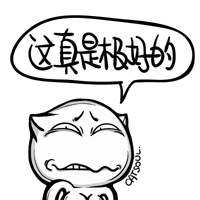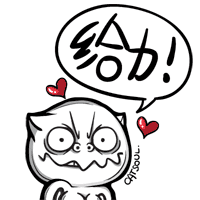Charles Bernstein
(Composed the music for A Nightmare on Elm Street)
"I have many favourite film scores. Some are well known, such as Ennio Morricone's The Good, the Bad and the Ugly (1966). Some of them are less well known, such as Jerry Goldsmith's A Patch of Blue (1965), or Under Fire (1983). And some are virtually unknown, such as Luis Bacalov's Polish Wedding (1998), or Patrick Williams' Julian Po (1997). The reasons, of course, vary with each individual film, but the overriding reasons are essentially the same. They are distinctive, unique to the film, thematic, evocative, memorable, unified, and well written."
Claude Bolling
(Composed the music for California Suite)
"Of course, most of the scores by John Williams and Bernard Herrmann"
DJ Brahms
(House and techno DJ performing Big Beat)
"My favourite soundtrack music would have to be the soundtrack music to the movie A Clockwork Orange (1971). While the music was not composed for the movie (obviously) Kubrick does an amazing turn with very familiar songs in an unfamiliar setting. This irony is best seen in the scene where the kids are raping and beating people up to 'Singin' in the Rain'. Also the scene of 'Ode to Joy' playing while Alex is watching scenes of horror such as the atom bomb and the holocaust is fantastic."
Neil Brand
(Composer and silent film accompanist. Rescored South, Sir Ernest Shackleton's Glorious Epic of the Antarctic and Alfred Hitchcock's The Ring. Recently composed a new jazz score for E. A. Dupont's Piccadilly)
"For musicality, my favourite score is Alex North's for A Streetcar Named Desire (1951) - the music is so deep inside the characters that every emotional twist is marked musically - you can play the score alone and see the shots in your head in real time, it's so closely integrated. Also jazz is the only language for that play in that location and, like all good scoring, it tells you so much more than you can see. I have learnt an enormous amount about both dramatic scoring and musical voicing by listening again and again to that score. For understatedness, John Williams's Schindler's List (1993) is superb - I came out of that movie convinced there was only a few minutes of music in it - when I heard the 75 minute CD every scene the music underscored came straight back to mind. Finally for minimalism the Howard Shore soundtrack for Cronenberg's Crash (1996) is a masterpiece, cold, mesmeric and stripped down to the barest essentials. It's always great to hear a forthcoming movie summed up in the first few notes you hear."
Joanna Bruzdowicz
(Frequent composer for Agnès Varda's films, including Vagabonde)
"I have two favourite soundtracks: The first, the real 'classic' in this field: Psycho (1960), by Bernard Herrmann, because of his wonderful use of strings, some kind of Bela Bartók sound (my favourite composer too) and incredible 'maitrise' of growing tension and my fear. The second is: The Firm (1993), by Dave Grusin. I was fascinated by the piano-suspense-jazz, played by the composer himself. The only piano sound for all very dramatic situations was great discovery, huge musical pleasure. I always pretend, that is not necessary to have 120 musicians in film music score to get the real dramatic expression!"





